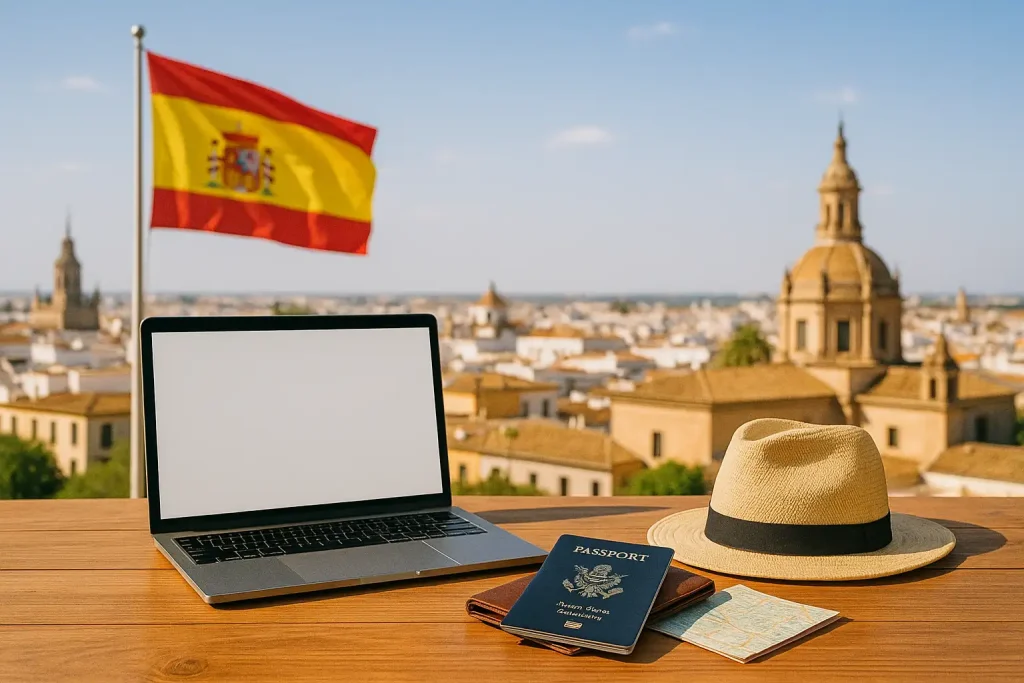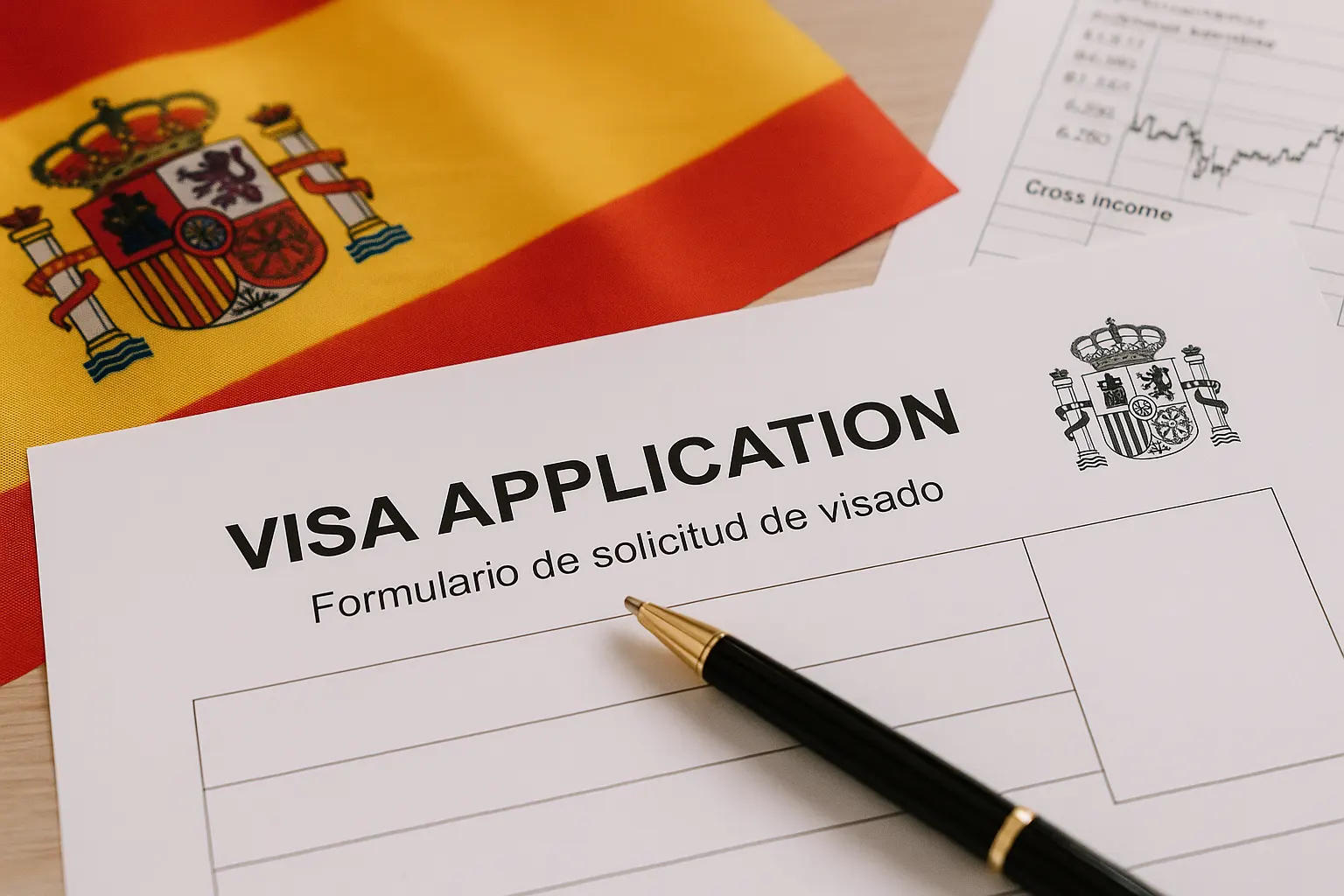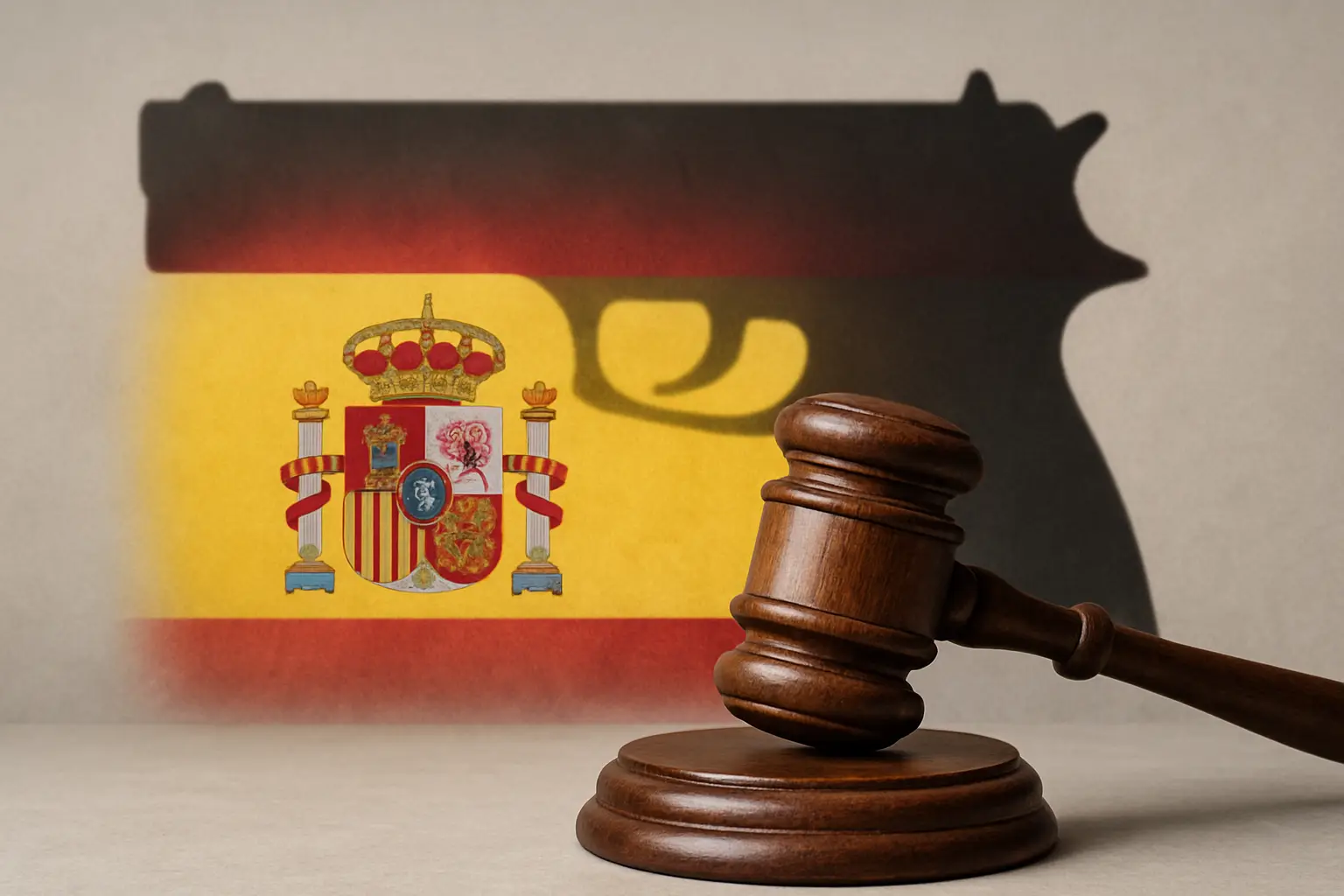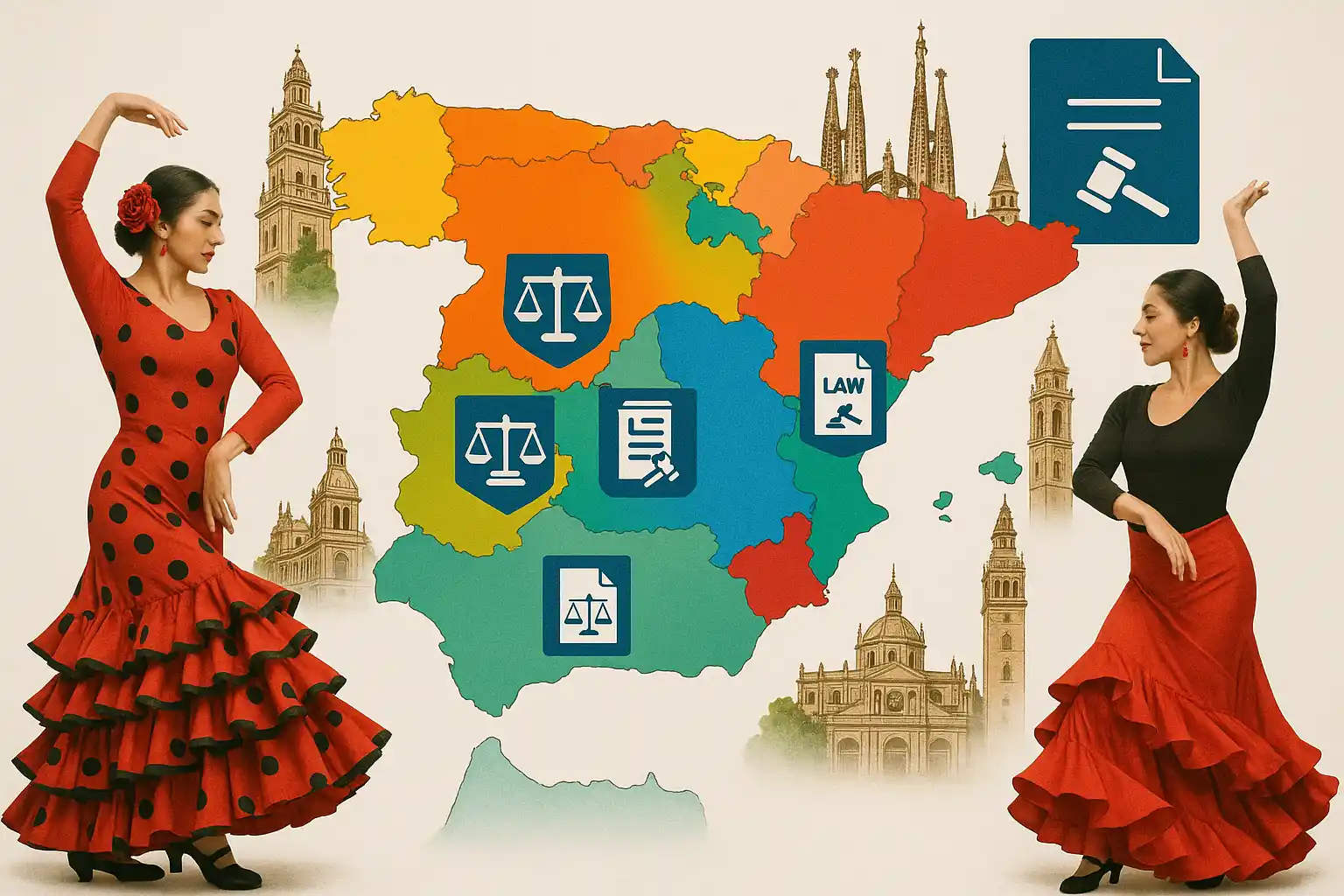Spain’s Digital Nomad Visa, introduced in 2023, opens new horizons for UK citizens seeking remote work opportunities abroad. Understanding the tax benefits associated with this visa is crucial for a smooth relocation process and financial planning. This blog delves into lesser-known tax advantages that can significantly impact digital nomads choosing Spain as their base.
Understanding the Spain Digital Nomad Visa
The Spain digital nomad visa offers a legal framework for remote workers and freelancers aiming to live and work in Spain. Designed with flexibility in mind, it caters particularly to UK citizens following Brexit, enabling them to establish residence while maintaining employment abroad.
Eligibility Criteria for UK Citizens
Applicants must meet specific conditions:
- Remote employment or freelance activity: Proof of stable remote work with a foreign company or self-employment is required.
- Minimum income threshold: Applicants must demonstrate sufficient financial means, generally around €2,000 monthly or €24,000 annually.
- Health insurance coverage: Valid private health insurance from a Spanish provider ensures access to medical services during the stay.
- Clean criminal record: Background checks verify absence of serious criminal offenses in Spain and the applicant’s country of origin.
Duration and Validity
The visa grants an initial residence permit valid for up to one year, renewable annually. The total duration can extend up to five years, allowing digital nomads ample time to build their lifestyle in Spain without frequent visa renewals. This long-term option supports stability for individuals balancing work and life abroad.
Pathway to Permanent Residency and Citizenship
Continuous legal residence under the digital nomad visa contributes toward eligibility for permanent residency after five years. Achieving permanent residency opens doors to broader rights, including unrestricted work and access to social services. Citizenship may be pursued after ten years of legal residence, with certain exceptions reducing this period for nationals of specific countries.
Understanding these foundational aspects of the Spain digital nomad visa for UK citizens clarifies the legal and practical framework underpinning remote work relocation. Insights into eligibility and visa validity are crucial before exploring tax implications associated with this status.
Tax Residency Rules for Digital Nomads in Spain
Definition of tax residency in Spain
Tax residency in Spain is determined by spending over 183 days per year in the country. Once an individual meets this criterion, they are considered a tax resident in Spain.
Implications of becoming a Spanish tax resident
As a tax resident in Spain, individuals are subject to taxation on their worldwide income, including income earned both within Spain and internationally. This means that all sources of income must be declared and may be subject to taxation by the Spanish authorities.
Differentiation between worldwide income taxation vs. Spanish-source income taxation under special regimes
While regular tax residents are taxed on their global income, certain special tax regimes like the Beckham Law provide an option for qualifying individuals to be taxed at a flat rate on their Spanish-sourced income only. This can result in significant tax savings for digital nomads relocating to Spain under specific circumstances.
5 Lesser-Known Tax Benefits of the Spain Digital Nomad Visa You Didn’t Know About
The Spain Digital Nomad Visa offers more than just the right to live and work remotely within Spanish borders. Several tax advantages provide financial relief and strategic opportunities for UK citizens and other eligible applicants. These benefits address income taxation, asset declarations, wealth taxes, and social security contributions.
1. Access to the Beckham Law Special Tax Regime
The Beckham Law in Spain is a distinctive tax incentive initially designed to attract foreign talent. Under this special tax regime digital nomads can benefit from:
- Flat 24% income tax rate on Spanish-sourced income up to €600,000 annually.
- This rate applies for a period of six years from the date of becoming a Spanish tax resident.
- By comparison, the standard progressive tax rates in Spain reach up to 50% for high-income earners.
- Eligibility traditionally focused on employees relocating for work but has been extended or interpreted in ways that some digital nomads may qualify, especially those with remote employment contracts or freelance arrangements linked to foreign companies.
- Digital nomads should consult with specialists to determine if their specific circumstances allow application of this regime.
This regime simplifies taxation and substantially reduces the effective income tax burden on qualifying remote workers.
2. Protection from Double Taxation Through UK-Spain Double Taxation Agreements (DTAs)
Double taxation occurs when the same income is taxed by two different jurisdictions. The double taxation agreements Spain UK are designed to avoid this situation through:
- Clear rules determining taxing rights between Spain and the UK.
- Mechanisms such as exemptions, where certain incomes are taxed only in one country.
- Tax credits provided by one country for taxes paid in the other, thus preventing double payment.
Understanding these agreements is crucial for digital nomad visa Spain taxes planning. They ensure fairness and prevent unexpected liabilities when working across borders.
3. Exemptions from Foreign Asset Declaration Requirements (Modelo 720)
Spain enforces strict reporting obligations for residents holding assets abroad through Modelo 720, which requires declaration of:
- Bank accounts,
- Securities,
- Real estate located outside Spain exceeding certain thresholds.
Failure to comply results in severe penalties. However, digital nomad visa holders might benefit from:
- Specific exemptions depending on residency status duration or types of assets held offshore.
This exemption significantly reduces administrative burdens and compliance risks associated with the foreign asset declaration Spain requirements.
4. Potential Reductions in Wealth Tax Obligations
Wealth tax in Spain affects individuals with net assets exceeding approximately €700,000 (thresholds vary by region). Key points include:
- The tax rate ranges typically from 0.2% up to 3.5%, varying by autonomous community.
The interplay between the digital nomad visa conditions and wealth tax regulations can optimize liabilities, especially when combined with estate planning and asset structuring.
5. Access to Social Security Benefits via Autónomo Registration
Registering as self-employed (autónomo) while residing under the digital nomad visa enables access to Spain’s social security system:
- Monthly social security contributions are mandatory for autónomos.
- These contributions entitle individuals to various benefits such as healthcare coverage, pension rights, and maternity/paternity leave provisions.
This pathway ensures that digital nomads can secure essential social protections during their stay in Spain, fostering both personal well-being and professional stability.
Practical Steps for UK Citizens Applying for the Digital Nomad Visa with Tax Benefits in Mind
Applying for digital nomad visa Spain UK citizens requires careful preparation of specific documentation to ensure a smooth Spanish visa application process online. Key documents include:
- Proof of remote work or freelance employment: Contracts, client agreements, or employer letters confirming ongoing remote work and its duration.
- Income verification: Recent payslips, bank statements, or tax returns demonstrating that the applicant meets the minimum required income threshold.
- Private health insurance: A policy from a Spanish provider covering medical expenses without copayments, mandatory for visa approval.
- Clean criminal record certificates: Issued by UK authorities and any countries where the applicant has lived recently; critical to establish good conduct.
Preparing these documents ahead streamlines the application and reduces delays. Early engagement with tax advisors familiar with Spain’s digital nomad regime is advisable. Understanding when one becomes a Spanish tax resident helps in planning tax obligations and optimizing benefits under special regimes like the Beckham Law.
Registering interest with professionals can clarify residency implications linked to physical presence and income sources. This proactive approach supports compliance with Spanish tax laws and maximizes potential advantages. Navigating the Spanish visa application process online benefits from thorough case analysis and tailored advice, especially regarding tax residency transitions.
How NIM Immigration Lawyers Support Digital Nomads with Tax and Visa Matters
NIM Immigration Lawyers, based in Barcelona, specialize in immigration and taxation services tailored for digital nomads. Their expertise extends to navigating the complexities of Spanish visa applications and tax obligations, providing a comprehensive support system for individuals relocating to Spain under the Digital Nomad Visa.
Key services include:
- Online consultations that allow clients to receive expert advice without geographical limitations.
- Personalized case analysis to develop tailored strategies addressing each client’s unique immigration and tax situation.
- Electronic processing of documents which streamlines visa applications and reduces administrative delays.
The firm’s deep knowledge of the Beckham Law positions them as trusted Spanish visa tax advisors. They assist clients in applying for this special tax regime, ensuring compliance with Spanish tax laws while optimizing fiscal benefits. NIM Immigration Lawyers also guide digital nomads through ongoing tax obligations, helping them maintain good standing with Spanish authorities.
Their expertise in facilitating Spanish visa applications from the UK makes the transition smoother for many digital nomads. Clients benefit from a modern approach emphasizing transparency, efficiency, and client-centered solutions. This combination supports digital nomads in fully leveraging the advantages offered by Spain’s legal frameworks for remote workers.
Moreover, they provide valuable insights into the UK vs Spain showdown for expats, helping clients make informed decisions about their relocation plans.
Conclusion
Understanding the intricacies of the Spain digital nomad visa benefits summary requires careful attention to legal and tax details. UK citizens engaging in remote work in Spain face unique challenges and opportunities related to taxation. To fully understand the Spain digital nomad visa tax benefits for UK citizens, expert guidance is necessary to ensure compliance and optimization.
Professional legal and tax advice is essential. Trusted firms like NIM Immigration Lawyers provide tailored support, combining immigration expertise with deep knowledge of Spanish tax regulations. Their services help digital nomads avoid pitfalls, maximize benefits such as the Beckham Law regime, and efficiently manage residency status.
Living and working remotely in Spain opens doors to a desirable lifestyle coupled with strategic financial advantages. Proper planning enables you to:
- Benefit from favorable tax regimes while maintaining compliance
- Prevent double taxation through international agreements
- Simplify reporting obligations and reduce wealth tax exposure
- Secure social security benefits aligned with self-employment
Taking proactive steps early—such as consulting specialists, preparing documentation, and understanding residency implications—creates a foundation for success. The Spain Digital Nomad Visa offers more than just permission to live abroad; it provides a framework for optimizing your fiscal position during your stay.
UK citizens aiming to thrive under this scheme should prioritize professional support to unlock these advantages fully.














